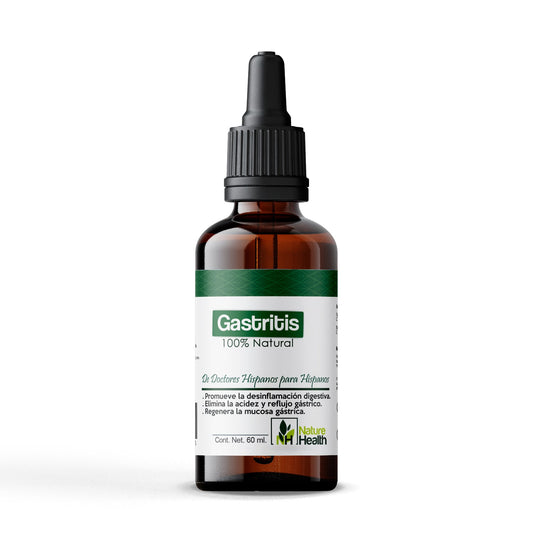Melatonin, popularly known as the "sleep hormone", is a natural ally to regulate our sleep-wake cycle. But is it safe to use melatonin supplements every night to improve our rest?
Exploring the world of melatonin
Our body produces melatonin naturally, mainly in the pineal gland of the brain. This hormone is sensitive to light: it increases when it is dark and decreases when it is light. That's why it's known as the body's internal clock, helping us stay in tune with the natural rhythms of day and night.
Why take melatonin supplements?
Modern life often subjects us to situations that can unbalance our natural sleep rhythm. From jet lag due to international travel to everyday stress that makes it difficult to sleep, melatonin supplements can be a tempting solution for many.
Dosage and precautions
Although melatonin supplements are available without a prescription, it is essential to approach them with caution. Recommended doses vary widely, and it is best to start with low doses, especially if this is your first time trying this supplement. Additionally, it is important to note that certain populations, such as children and older adults, may require specific dosages and should consult a healthcare professional before beginning any melatonin regimen.
Risks and side effects
Long-term effects: a mystery to be resolved
Although melatonin is considered safe for short-term use, the long-term effects are still under scrutiny. The lack of comprehensive research means we don't have a complete picture of how it might affect the human body over time. Therefore, it is essential to exercise appropriate caution and not rely exclusively on melatonin supplements for long periods without medical supervision.
Common side effects: beyond drowsiness
While drowsiness is one of the most well-known side effects of melatonin, it is not the only one. Headaches, nausea, and irritability may also occur, especially with high doses or with prolonged use. These effects can vary from person to person, but it's important to keep an eye out for any changes in how you feel after taking melatonin.
Drug interactions: a factor to take into account
Melatonin can interact with certain medications, such as blood thinners, anticonvulsants, and blood pressure medications, among others. This can potentially increase the risk of side effects or decrease the effectiveness of the medications it is combined with. Therefore, it is crucial to inform your doctor about any medications you are taking before you start taking melatonin.
Last conclusions
In summary, melatonin can be a useful tool to improve sleep quality in specific situations. However, its use must be conscious and accompanied by the guidance of a health professional. If you are considering incorporating melatonin supplements into your nighttime routine, be sure to do so with caution and always seek the advice of a doctor. At the end of the day (or beginning of the night!), quality sleep is critical to our overall health and well-being, so it's worth approaching it with care and consideration.







